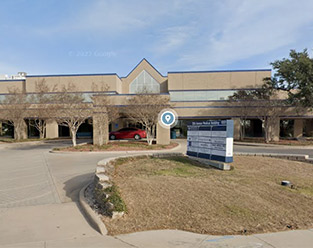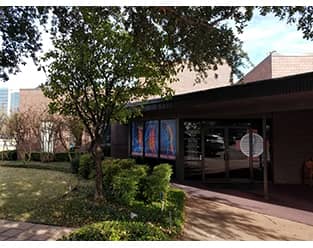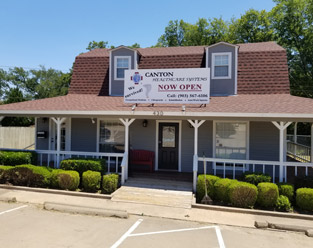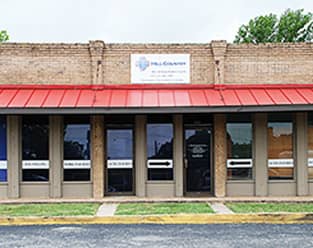What Can You Initially Expect as You Heal from a TBI?
 You’ve been involved in an accident—you slipped and fell at home, you were in a car accident, or you had significant impact to your head while involved is some type of sports. You’ve exhibited the classic symptoms of a traumatic brain injury—chronic headaches, persistent nausea or vomiting, increased sensitivity to sound or light, disruptions in your sleep cycle, or even a loss of consciousness. A medical professional has diagnosed you with a traumatic brain injury, or TBI. What can you expect the recovery process to look like?
You’ve been involved in an accident—you slipped and fell at home, you were in a car accident, or you had significant impact to your head while involved is some type of sports. You’ve exhibited the classic symptoms of a traumatic brain injury—chronic headaches, persistent nausea or vomiting, increased sensitivity to sound or light, disruptions in your sleep cycle, or even a loss of consciousness. A medical professional has diagnosed you with a traumatic brain injury, or TBI. What can you expect the recovery process to look like?
The Early Stages of Recovery after a Traumatic Brain Injury
The stages of recovery will vary from individual to individual, based on the severity of the injury:
- Stage One—With the most severe traumatic brain injuries, the victim may initially be unresponsive. Technically, the victim may be in a coma, unable to respond to respond to sounds, sights, touch or movement. However, the person may be able to hear you. You want to talk to them, even if they’re not responsive, but you should stick to familiar items and avoid talking about their condition.
- Stage Two—In the next stage of recovery, a victim begins to respond, but the response is typically slow, inconsistent or delayed. A victim may have an increase in blood pressure or breathing. You can talk more to a victim at this point, but you still want to keep it short.
- Stage Three—As a person starts to heal, they’ll become more alert, reacting more quickly to sights, sounds and contact. In this phase, known as “localized response,” the victim can typically comply with simple requests. You can increase interaction, and may want to keep questions simple, asking for yes or no answers.
- Stage Four—In the next stage of improvement, a victim will appear confused and agitated, and may overreact to things due to the level of confusion. Attention span will be improved, but still will be pretty short. You want to make certain the person has a calm and consistent environment, so that they can stay focused more easily.
- Stages Four and Five—In the next two stages of recovery, a person will remain confused. Initially, in Stage Four, referred to as “confused and inappropriate,” the confusion will be accompanied by learning and motivation challenges. As the recovery moves to Stage Five, the patient starts to have a better recollection of the events of the day, as well as major life events.
Contact Us to Set Up an Appointment
At Advantage Healthcare Systems, we have extensive experience working successfully with individuals who suffer any type of concussion, TBI or traumatic brain injury. Call us toll-free at 1-877-487-8289 or fill out the form provided below to schedule an assessment. We offer locations across Texas, including Fort Worth, Dallas and San Antonio.





